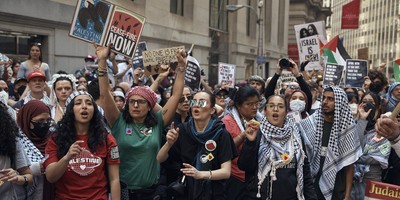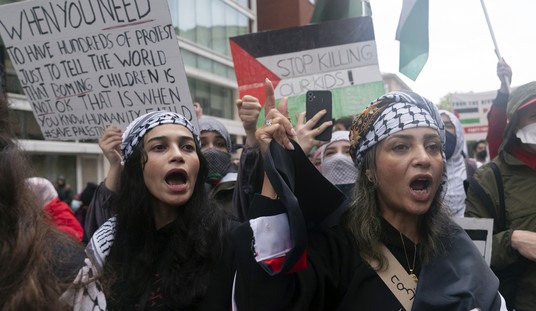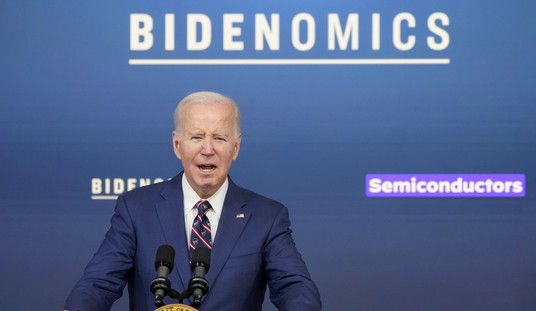"I think we are going to see more people becoming more open and a lot of people who are going to be seeking spiritual answers," said Brad Carmichael*, a Christian worker who has spent time in Egypt. "I also believe there are going to be a lot of people who will become a lot more dedicated , including Islam."
Carmichael said that the socioeconomic structure in Egypt -- and primarily in the capital city of Cairo -- has dramatically shifted Egypt in recent years from being family-centric, often with extended families occupying multiple floors of the same high-rise apartment, to separation and isolation from family members. The result is an uncertainty about how to exist in a shifting culture. It raises a lot of questions in their minds, Carmichael said.
"Whereas is common to us," Carmichael said, "that's not common to them, so in all these new dynamics people are going to look to something to be an anchor. Where they are going to look is unfortunately very limited, so the posture of the church both from within Egypt and without is going to be very important. This is a key time for us. Some are going to their answer in Islam. But others are going to look elsewhere."
To the Western world the chaos in Egypt and Tunisia may appear to have been a spontaneous event, Carmichael said, but it has been "brewing for some time." The protests in Egypt particularly, according to The Economist magazine, were not initiated by an uneducated mob but by socially connected, urban professionals and university students with few -- if any -- future job prospects.
Recommended
A variety of news sources have reported the causes for widespread protests as being attributed to a housing shortage, shortages of food and high food prices, low wages and limited employment opportunities for a population whose majority (45 million-plus) is 25 years of age or younger (the median age of the United States is 38.6, according to the CIA Factbook).
"The perception of people from the outside may be that Egyptians want to get out of their situation," Carmichael said. "That's not true. The majority of Egyptians I know want to stay there. That's where their life is, where their families are. They love Egypt, but they don't know anymore how to make all the pieces fit together."
Men in Egyptian culture have the responsibility to provide for their families, beginning with purchasing a home before marriage, but with the shortage of housing and wages hovering around $100 (U.S.) per month, prospects are dim. The need to generate more income for families has driven more women to the workforce, further reshaping traditional Egyptian culture, especially when children are involved.
Many of the factors that led to demonstrations in Egypt and Tunisia are present in neighboring countries around the region. Long-tenured political leaders are being challenged to change their policies to improve living conditions for people -- or get out of office. Although certain of their cause, people have given less thought to what comes next. It leaves many searching, Carmichael said.
"You see many more women in Cairo with their heads covered now than you did before the 1970s," Carmichael said. "Egypt has for a long time been a bit more secular than some of the countries around it and that isn't the case so much anymore. However, the religion they've gravitated toward hasn't been able to completely answer their questions. There is an angst that they feel with all the changes going on.
"At the same time it is a patriarchal culture and forsaking the religion of your father and grandfather brings great shame to yourself and to your family. But you also have this dynamic with the medium age being so young. The young are a lot more because they are globally connected through mobile devices and are exposed to a lot more. We need to look at the family as a unit and hope the patriarchs can be influenced, but it's sad to think that if Egyptians are going to be reached with the Gospel it may happen through the younger generations and it may skip the older ones."
Carmichael said in light of everything that is happening in Egypt and across the region, the Western church must recognize that an opportunity is blossoming that can't be missed.
"Egyptian culture is very segmented in so many ways," he said. "But what we've seen is many of those barriers that were there beginning to crumble as neighbors stood side by side in the streets defending their homes and families. Where once they recognized their neighbors, now they know their neighbors.
"I'm hopeful that the common ground that has been established will create new networks through which the Gospel will spread and we as Christians need to be praying for that to happen."
*Name changed. Reed Flannigan is an International Mission Board writer based in Europe.
Copyright (c) 2011 Southern Baptist Convention, Baptist Press www.BPNews.net

























Join the conversation as a VIP Member